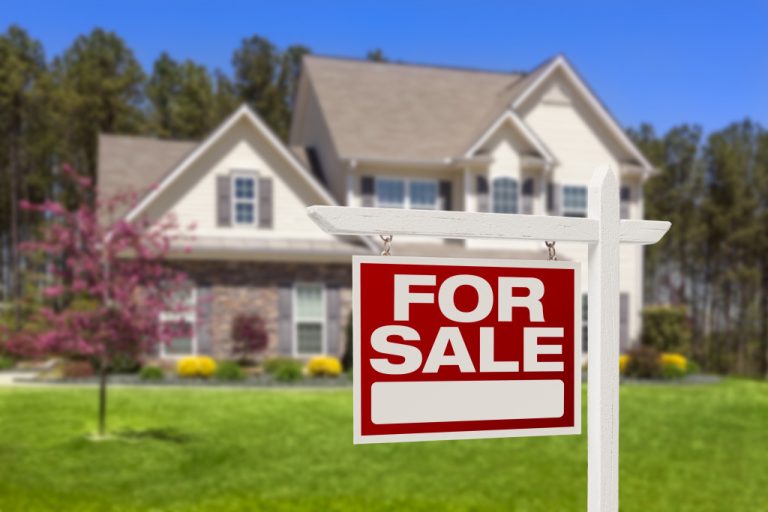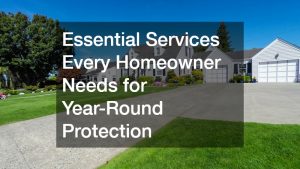- Determine your target demographic. Consider the size of the dwelling to meet the needs of your desired market.
- Research comparables in the area. Look at prices for similar properties in order to determine your budget range.
- Look into different financing options such as private mortgages, government-backed loans, real estate investment trusts, and conventional loans.
- Consider the cost of maintenance for the size of the property. A larger property will require more upkeep.
- Examine opportunities for growth by considering if there is potential to add additional units.
Investing in residential properties can be a lucrative venture if done right. Choosing the right property size is one of the most critical decisions you need to make when investing in real estate. You want to ensure that the property you invest in is big enough to attract potential renters or buyers but not too big that it will cost you more than you can afford. In this blog, you will learn about things you need to know when finding the right size for your residential property investment.
Consider your target demographic.
Before investing in a residential property, you must determine your target demographic. Are you targeting families, students, or single professionals? This will help you determine the size of the property you need.
For example, if you’re targeting families, you may want to invest in a property with multiple bedrooms and a large living space. If you are targeting students, a smaller property with one or two bedrooms might be a better fit.
Whatever your target demographic is, it’s important to partner with a trusted developer that can give you a selection of house and lot packages at the right price. Having multiple homes to choose from will make it easier to find the right size for your investment.
Look at comparables in the area.
It’s essential to research the real estate market in the area where you’re looking to invest. Look at the prices of similar properties in the area to get an idea of what you can expect to pay for a property of a similar size. This will help you gauge the price range you should look into when choosing the right property size for your investment.
Determine your financing options.

The size of the property you invest in will determine your financing options. There are plenty of financing options available. Here are the most important ones you should know about:
Private mortgages.
Private mortgages are loans issued by individuals or companies, not banks. Private mortgages are typically short-term and have higher interest rates than traditional bank loans. Private mortgages can be helpful if you need to quickly close a property, but it’s important to weigh the costs and benefits before choosing this option.
Government-backed loans.
Government-backed loans include FHA, VA, USDA, and other government loan programs. These loans typically offer more favorable terms than traditional bank loans. Government-backed loans can be useful if you want to purchase a larger property and don’t have the financial means to do so. However, they often require more paperwork and stricter guidelines than other loan types.
Real estate investment trusts (REITs).
REITs are publicly traded companies that allow investors to invest in real estate without owning the property directly. REITs can be a great way to diversify your portfolio and gain exposure to the real estate market with less risk than direct investing.
Conventional loans.
Conventional loans are traditional bank loans backed by the government. These loans usually come with lower interest rates and more flexible terms than private mortgages or government-backed loans.
Once you determine your financing options, you’ll be able to narrow down your search for a property size that fits within your budget.
Maintenance costs.
When investing in a residential property, you need to consider the maintenance costs associated with the property size. A larger property will require more upkeep and repairs, which can become costly. You need to factor in these costs when determining the property size you want to invest in. A smaller property may be more manageable financially if you’re just starting your real estate investment journey.
Look at the potential for growth.

Finally, when choosing the property size you want to invest in, look at the growth potential. For example, if you invest in a smaller property, is there potential for you to add additional units in the future if your investment is successful? This can increase your potential revenue and make your investment even more lucrative.
Investing in residential properties can be a great way to grow your wealth, but it’s important to choose the right size property for your investment. When choosing the best size for you, consider things like your target demographic, available financing options, and potential growth opportunities.
With the right knowledge of these factors and the help of an experienced developer or real estate agent, you will have all the tools necessary to ensure you invest in a property that is just right for you.




